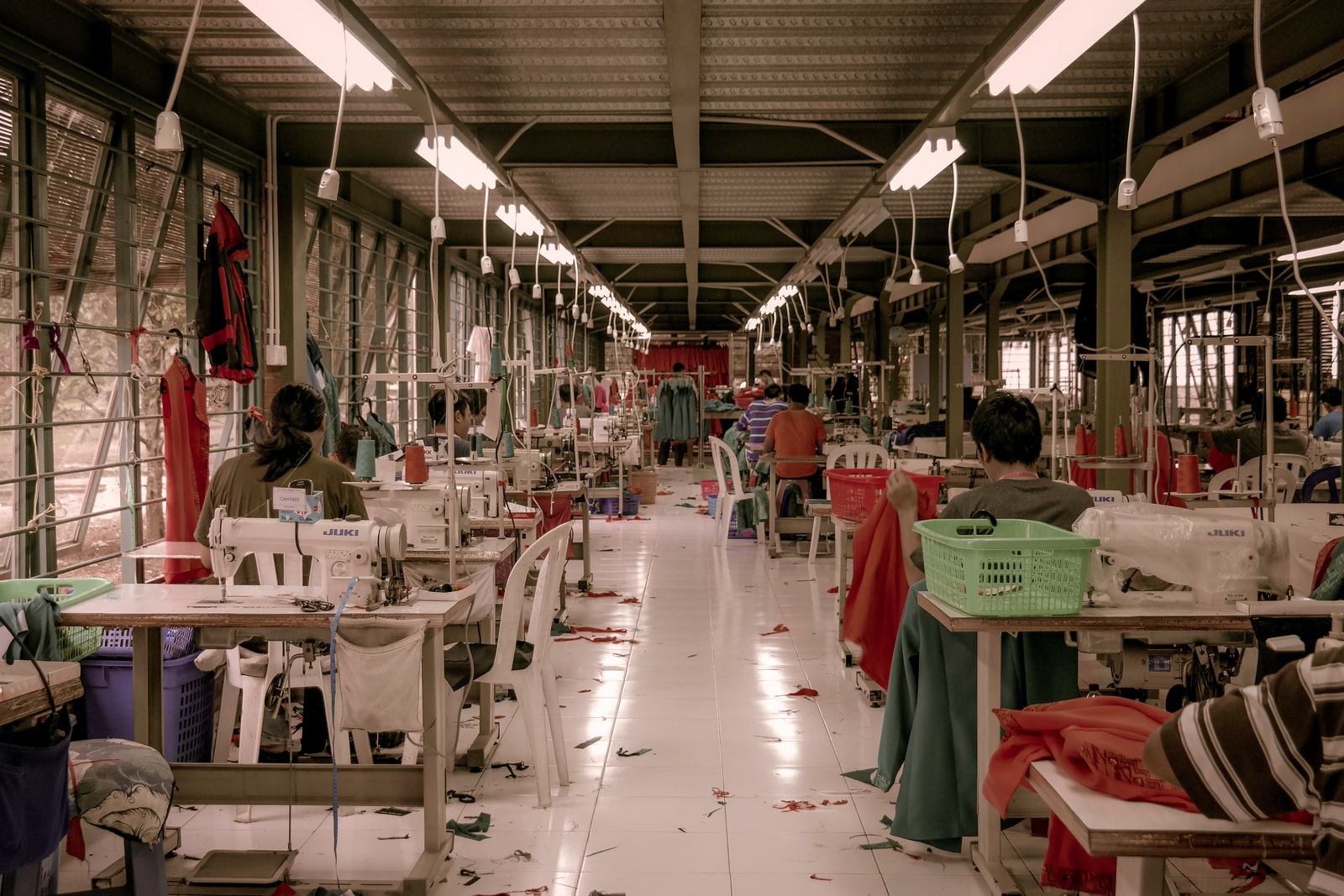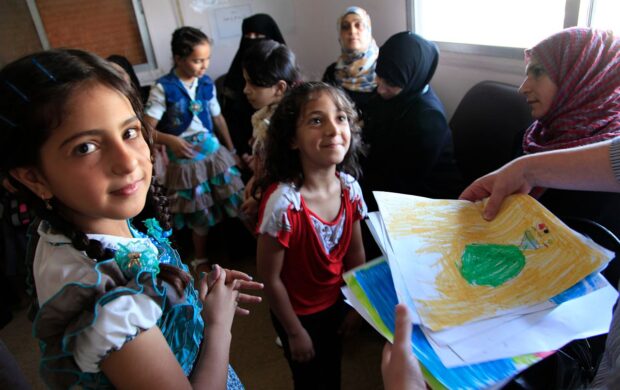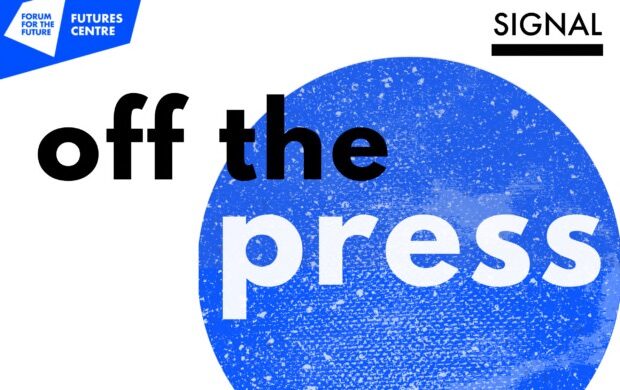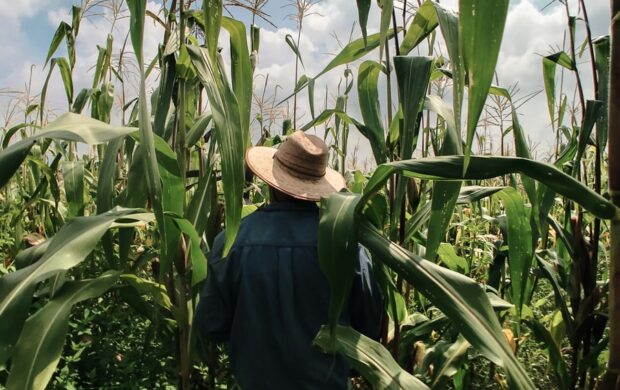EDI1 stands for Equity, Diversity, and Inclusion. Equity involves providing fair opportunities for everyone based on their specific needs, and acknowledging barriers such as discrimination and bias. Diversity recognises and celebrates differences among people, including individual, social, cultural, and political differences. Inclusion is the meaningful action that connects equity and diversity.
As an international organization comprised of people from diverse backgrounds working in different global regions, Forum for the Future is working to understand the cultural nuances of how EDI shows up in different contexts.
EDI in Southeast Asia is critical to both the type of work we do and how we do that work. Last month, Forum for the Future’s APAC team engaged in a discussion on EDI issues in the Southeast Asian context and how these issues have been surfacing in our projects in the region.

Southeast Asia’s positionality in the supply chain
- Southeast Asian countries sit at the upstream part of various global supply chains, with many large multinational brands having their manufacturing hubs in the region. Within Forum’s work, our Tackling Microfibres at Source project seeks to understand the impact of textile manufacturing on microfibre shedding, and provide guidance to manufacturers and brands to make well-considered decisions to reduce microfibre shed. Considering the presence of manufacturers in SE Asia and the important role they play, Forum is working to empower progressive manufacturers and drive innovation in the sector.
- Beyond manufacturing, other developments in sustainability have also placed Southeast Asia in a peculiar position. As the carbon credit trading market grows, this biodiversity-rich region is becoming the source of carbon credit supply – the buyers of which are often from the Global North. Singapore is developing an international carbon credit marketplace to increase the trade of voluntary carbon credits, suggesting dynamism in this space in Southeast Asia.
- Owing to these positions that Southeast Asia occupies, it is imperative to be cognisant of existing dynamics and power relations that might be prevalent in the supply chains in this region such as the relationships between SEA-based manufacturers and Western brands. This includes the potential disconnect between the commitments of the former and the on-the-ground experiences of the latter – influencing the successful adoption of EDI principles. We have been able to experience and tackle these dynamics through our work especially in the palm oil industry through the Decent Rural Living Initiative and in the textiles industry through Tackling Microfibres at Source, among others.
- Still, our unique positionality within supply chains allows the Forum APAC team to engage a range of actors (including both manufacturers on the ground and brands that might be situated in other regions) that offices in other geographies might not be best placed to do. Bringing different stakeholders to the table and conducting participatory, inclusive processes is especially valuable in this region. These processes provide a conducive space where diverse stakeholders across the supply chain, often holding different levels of power, can engage together to drive systemic shifts.
Concepts like J&R or EDI can be alienating
- Concepts like Just and Regenerative (J&R) and EDI carry the risk of being alienating for stakeholders in Southeast Asia. This is especially the case if the stakeholders involved do not understand the language these terminologies are expressed in and/or if they view them as foreign concepts applied to their area of work.
- Engaging stakeholders in the region might require organisations like Forum to adapt and use the language and terms that most resonate with the local stakeholders and partners, rather than sticking to specific terminology. In projects like the Responsible Energy Initiative, some stakeholders have been more receptive to terminologies such as ‘ecologically sound’ or ‘environmentally resilient’ rather than ‘regenerative’. While the different terminologies have slightly different connotations, the practice might allow for deeper engagement with a stakeholder while also broadly retaining the spirit of the concept.
- Certain terminologies can be initial entry points before more complicated terminologies that have certain implicit assumptions are introduced. For instance, the concept of human rights, as codified with the UN Declaration of Human Rights and accepted by countries across the globe, has been observed to be a good entry point in engaging actors. Having been developed in other parts of the world, terms like EDI at times can carry certain implicit assumptions about the nature of inequities. Certain forms of inequities might be prioritised over others in discussions and development of concepts, meaning a stakeholder in a different part of the world that does not have similar lived experiences might find it difficult to resonate with the concept.
- Similarly, decolonising – in its current form and practice – while important might be viewed by some actors as coming from the West rather than being generated within the region. There is an important distinction to be made here, between decolonising as a concept and decolonising as a practice. The current practise of decolonising might be viewed as the application of a blanket term which makes it difficult to incorporate and talk about instances when there are many other layers of inequities.
Deeply ingrained mindsets around social inequity
- Many forms of social inequity and issues of caste/class might remain deeply internalised amongst the stakeholders. These internalisations might not always surface in discussions, but lie at the bottom of the iceberg as deeply held, even subconscious, mental models.
A focus on technological solutions
- Various sustainability challenges might be viewed as ones that need solely technological or infrastructural fixes, rather than on more systemic solutions addressing long-standing structural issues, that consider issues of unequal power and justice. While the growing conversations around sustainability are promising, the narrow focus on the technological aspects – might limit the positive potential of such sustainable practices, and in some instances, lead to unintended negative consequences.
- For instance, the growing discourse on plastic waste often focuses on the types of recycling approaches to implement and technological breakthroughs that will contribute to more biodegradable waste. However, little focus and tangible action seems to be directed towards the informal economy and assuring that this sector undergoes a just transition as the plastic waste system shifts. Similarly, policy-level discussions of the renewable energy transition in some instances may focus overly on the technological/infrastructural challenges of the transition, with social and ecological aspects being sometimes secondary concerns.
- The mindset shift from a focus on technological solutions to a more systemic focus will be important if we are to ensure a just and regenerative transition in the region. Forum APAC thus has an opportunity here to contribute to changing narratives in sectors that are already seeing dynamism – even if that dynamism might currently be mostly focused on technology.
So where do we go from here?
For the reader, how do you perceive these EDI issues? Is your perception influenced by where or with whom you work? What might be the commonalities and differences in the EDI issues across the different geographies that Forum works in? And how might Forum acknowledge and act upon these initial observations of EDI issues across projects?
Share with us what you think or write to us at futurescentre@forumforthefuture.org to continue this dialogue
Additional Resources
Regional Sensemaking
Every month, our global teams gather to look for signals of change and engage in rapid generative scanning to bring you our glimpses of the future. What are the implications of these signals? What bigger trends are they pointing towards? What if these various signals of change interacted with each other? What would that lead to? We know climate change impacts will affect regions unfairly, so why not produce multiple futures catering to our various contexts – social, cultural, environmental, and more?
Want regular insights and glimpses of the future straight to your inbox?


















Join discussion